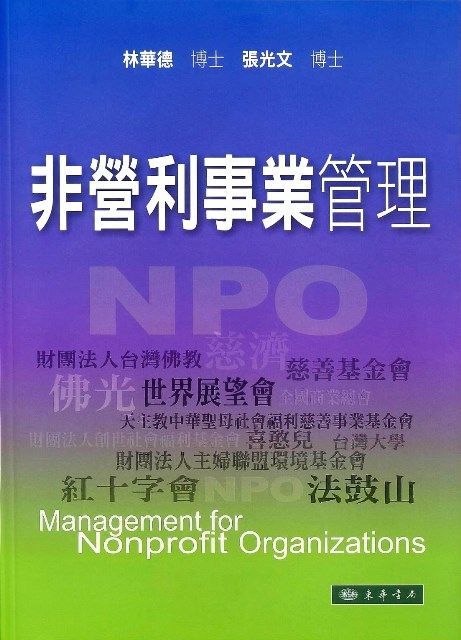書籍分類

Management 1/e(Cengage Technology Edition)
作者:Ranjay Gulati, Anthony J. Mayo, Nitin Nohria
原價:NT$ 1,250
內容介紹 本書特色 目錄
- Description
The goal of Gulati/Mayo/Nohria's MANAGEMENT is to prepare students for leadership positions in 21st century companies by addressing the many facets involved in answering one key question: How are leaders successfully managing competitive companies in the 21st century? Today's constantly changing business environment presents challenges and opportunities that are more dynamic and complex than ever before, requiring a clear understanding of the interactive nature of strategy, organizational design, and leadership. MANAGEMENT, written by prominent Harvard management educators Ranjay Gulati, Anthony Mayo, and Nitin Nohria, is the only introductory management text on the market to address this challenge by taking an integrated and holistic approach to management, as opposed to a functional approach, making it more relevant to how today's organizations run. By demonstrating the interconnectivity among the three key pillars of management, students clearly see how decisions impact strategic choices, organizational alignment, and leadership approaches, ultimately leading to the overall performance of the company. MindTap for Gulati/Mayo/Nohria's MANAGEMENT, built from the ground up with this first edition, fosters the skill development needed for students to truly think like managers. This entirely unique approach will ultimately develop a sustainable and successful leadership style, better preparing students for subsequent higher level courses and making them more marketable upon graduation. Available with InfoTracR Student Collections







